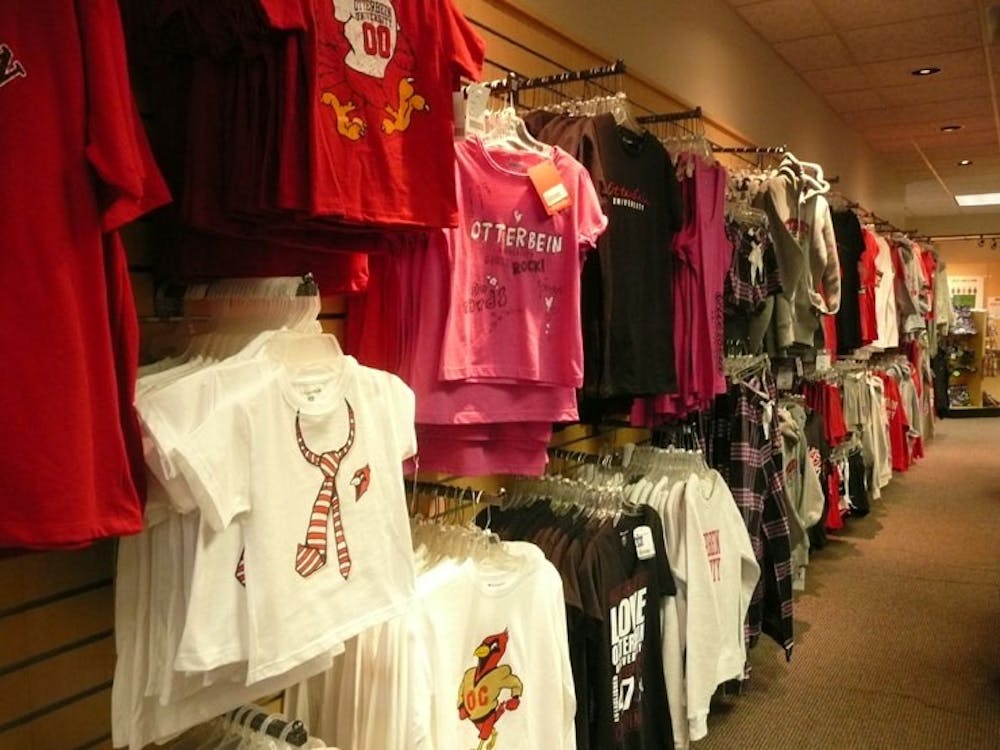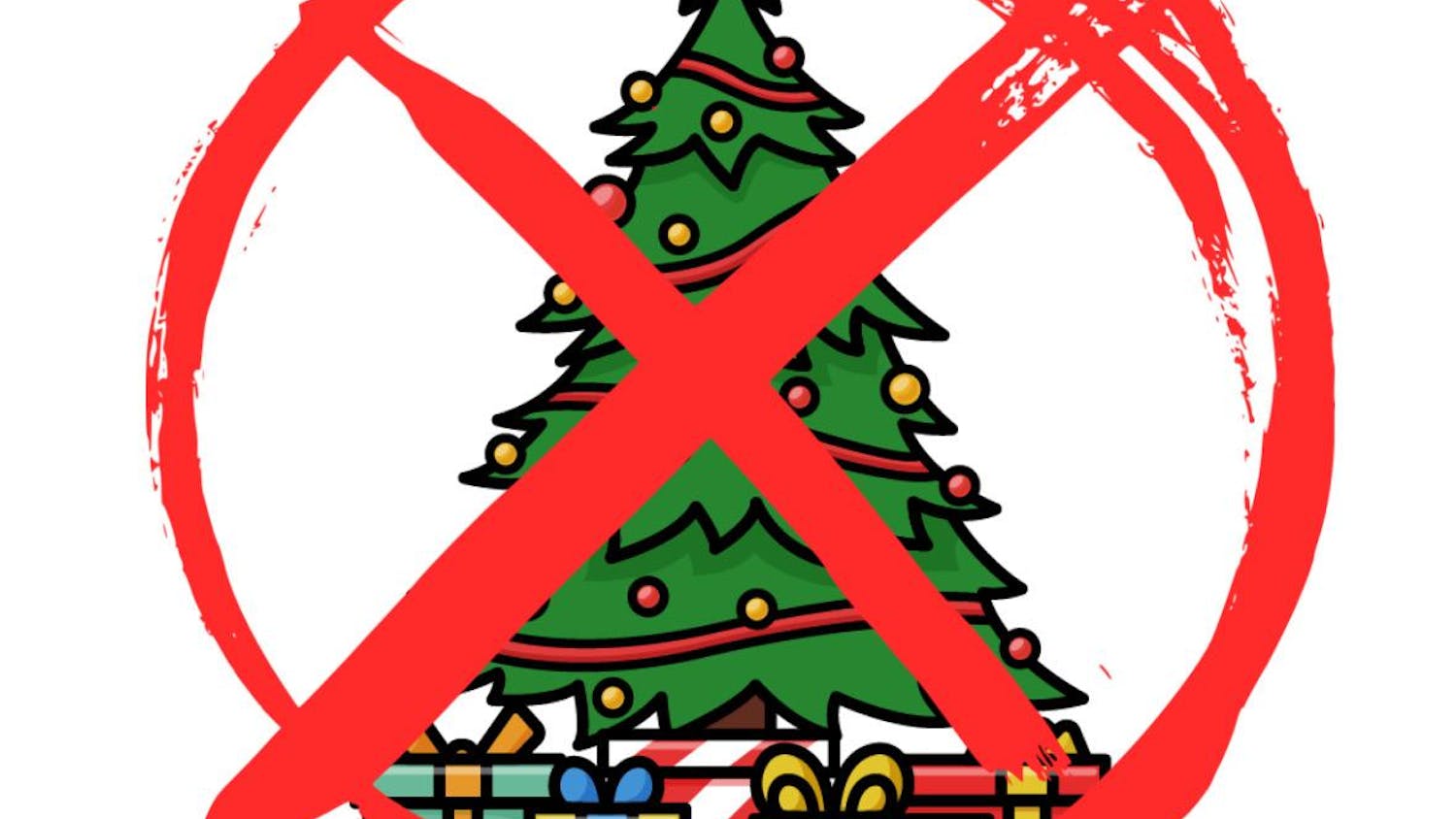Do we know or care where our clothes come from? The popular answer is that we do not really know, or many of us do not even think about it when buying clothes or anything for that matter.
I know there are some shops where clothes are of low value and quality. For example, Walmart. This huge and successful supermarket sells clothing at cheap prices. The store has been accused of having laborers working for a tiny fraction of the item’s sale price.
A hugely popular shop in Britain called Primark, a clothing and homeware shop, has been held up constantly for being too cheap and paying the workers little or nothing at all. Primark’s main target is low income families and students, like Walmart.
Pricing is great and cheap, but the treatment of their workers is questionable. Even I, as a buyer at Primark and even Walmart, still choose to buy the clothing due to the cheap pricing, even knowing that workers may not be treated well.
Questions we may ask ourselves: How can we help? How are we to know which shops are treating their workers fairly? We may never know and there may be nothing we can directly do for the workers.
But the fair trade movement involves the promotion of fair treatment and equality for workers in third-world countries. These companies are openly unashamed about where their quality products come from because the workers are paid fairly. They are willing to create fair and affordable fashion. A lot of more expensive clothing brands are choosing to work with the World Fair Trade Organization to create high-class fashion.
A myth about fair trade is that it results in more expensive goods for the consumer. But according to the Fair Trade Federation, a member of the WFTO, “Most fair trade products are competitively priced in relation to their conventional counterparts.” They work with producers to keep the products affordable and give a high percentage of the consumer price back to the producers.
Looking at the labels on the clothing items in Otterbein’s bookstore, I found around nine different sports brands: Nike, JanSport, Weatherproof, Champion, MV Sport, Alta Gracia, Concepts Sport, College Kids and League Collegiate Wear, Inc. None of the clothing labels mentioned being fair trade and many of the items I looked at were not made in the United States.
The clothing is made in countries such as Pakistan, Vietnam, Guatemala, Egypt, Dominican Republic and El Salvador. This is not to say that these brands treat their workers disgracefully or unfairly, but we should be mindful and aware about whichever brand of clothing we do choose to buy and wear and what advertising or values come with it.








